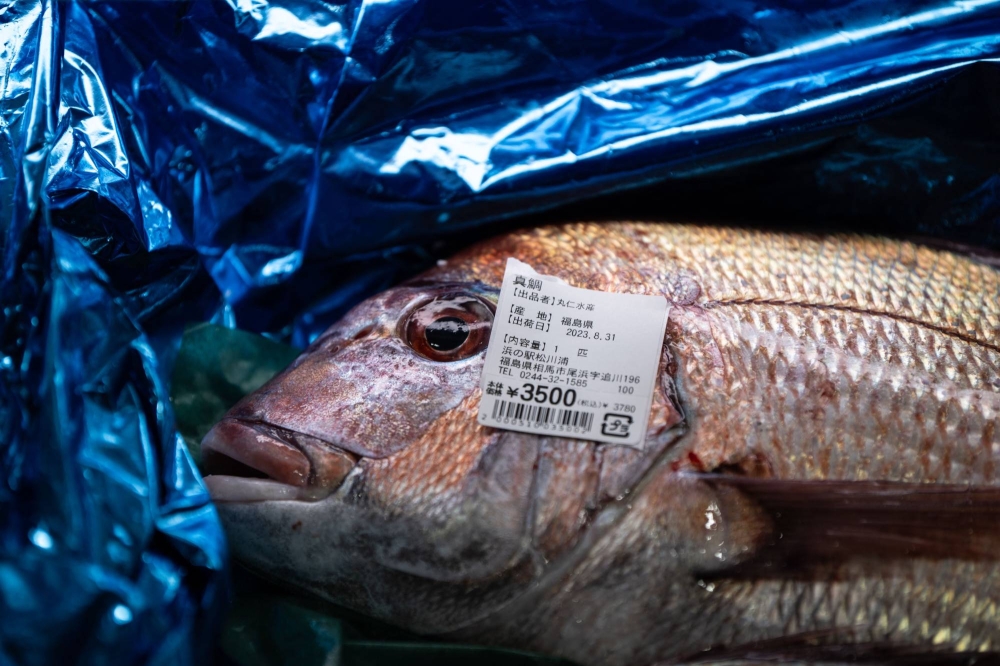No detectable amount of tritium has been found in fish samples taken from waters near the crippled Fukushima No. 1 nuclear plant, where the discharge of treated radioactive water into the sea began a month ago, the government said Monday.
Tritium was not detected in the latest sample of two olive flounders caught Sunday, the Fisheries Agency said on its website. The agency has provided almost daily updates since the start of the water release, in a bid to dispel harmful rumors both domestically and internationally about its environmental impact.
The results of the first collected samples were published Aug. 9, before the discharge of treated water from the complex commenced on Aug. 24. The water had been used to cool melted nuclear fuel at the plant but has undergone a treatment process that removes most radionuclides except tritium.



Sample size: 64
Also, are there other things like Caesium-137 that pose a risk?
Not really. This video by Kyle Hill does an amazing job at explaining it.
Here is an alternative Piped link(s):
This video by Kyle Hill
Piped is a privacy-respecting open-source alternative frontend to YouTube.
I’m open-source; check me out at GitHub.
All that other stuff was filtered out, but the tritium is near impossible to separate, because it is chemically identical to the hydrogen in normal water.
As for caesium, there are still detectable amounts of Cs-137 in most of the word from the thousands of atomic bomb tests. It’s half life is just 30 years, but it will still be detectable for a hundred years or so because of the huge amount we released.